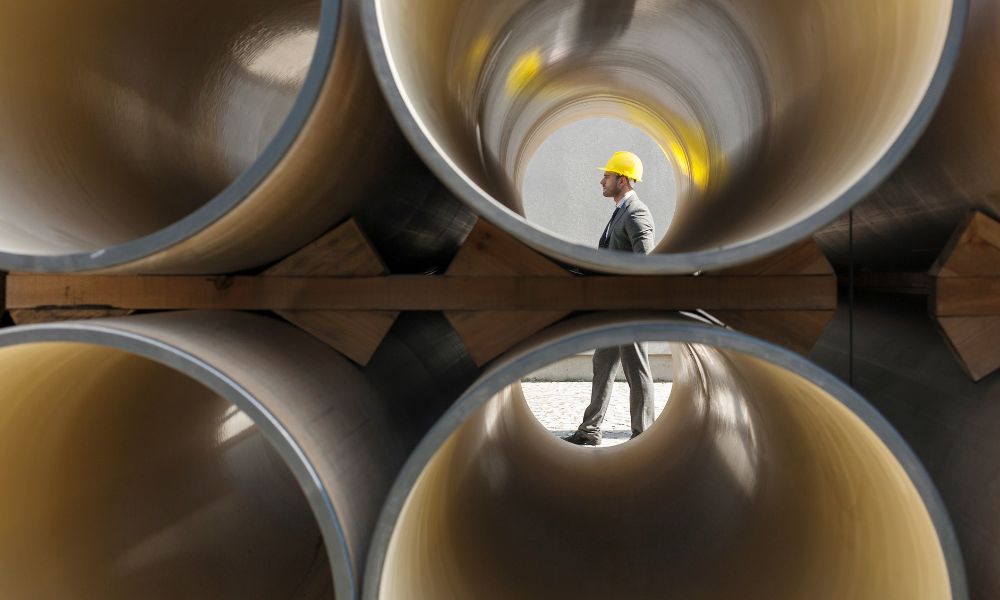If it’s not rainwater dripping through the ceiling, it’s water from your pipes. Have you had them checked recently? If not, you should. From industrial to plumbing and even firearms, internal coatings have helped extend the life of products by exterminating corrosion and creating better surface protection. A coating improves the internal pipe; here’s a thorough guide to understanding how it works.
What’s Internal Pipe Coating?
Internal pipe coating is a process that combines epoxy and a curing agent to create a semi-thick liquid that can coat pipes by using a sprayer.
Isn’t Pipe Coating the Same as Pipe Lining and Cladding?
No. Pipe coating uses a mixture of epoxy and a curing agent that sprays a layer on pipes. They fuse to create a coating liquid.
Pipelining is different. While it uses an injector, this technique is usually done on older pipes to restore vitality and operate under heavy conditions. Pipelining doesn’t require a sprayer because the liquid is thin. You would use an injecting tool to manually layer the material onto a surface.
Cladding doesn’t use any sprays or injectables because the mixture is part of the metal. As metal fabricators craft the clad pipe, they apply a layer of corrosion-resistant alloys to the material’s external or internal surface.
How Does Internal Pipe Coating Work?
After creating the epoxy-curing agent mixture, it’s placed on the side of a spray gun so it can be blown onto the surface, creating a barrier through filtered air to remove abnormalities from the mixture. Once the pipes are coated, they are left to dry until fully hardened.
How Effective Is Internal Pipe Coating?
It’s super effective. A pipe with internal pipe coating is projected to last up to fifty years, comparable to a new pipe’s lifespan. Rusty pipes spring leaks over time from dissolved minerals and chemicals moving with the water in the pipes, creating corrosion that eats away at the pipe’s surface.
Let’s look at a comparison to improve our understanding of how internal pipe coating works. Most phones nowadays are waterproof, but not all of them, so you have to be careful. A protective case adds a secondary layer to prevent water from damaging the phone.
Is Internal Pipe Coating Right for My Business?
It could be. The industry that could benefit most is the firearm industry, mainly for the gun barrel. Military and other fields specializing in firearms know that gun barrels corrode easily from non-ferrous metals and improper cleaning. When a gun’s barrel oxidizes, the weapon can explode in the user’s hand.
If you want to prevent your best sellers from damage, then you need DLC firearm coating. At ArmorLube, we want to ensure your business remains the best in your industry with safe coating methods. Have questions? We’re eager to answer! Contact us today for info on firearm coatings for your company.
